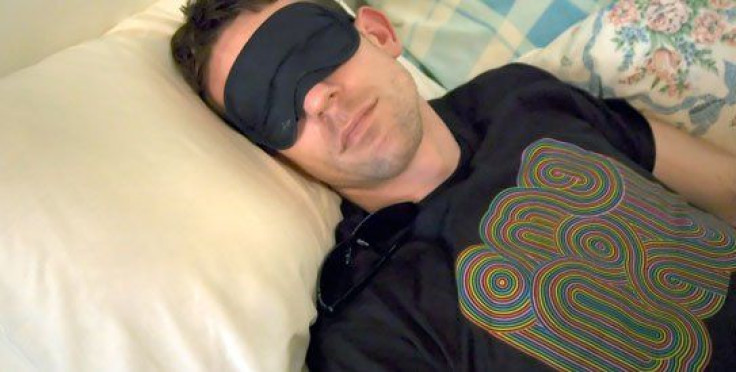Merck Experimental Sleeping Pill, Suvorexant, Effective Says FDA

An advisory committee within the U.S. Food and Drug Administration (FDA) has said that Merck's new drug for insomnia and sleep maintenance, named Suvorexant, is quite effective in helping people get to sleep and maintain sleep patterns. Merck is currently pursuing approval for the drug, which comes after other sleep medication like Ambien (Zolpidem) have come off patent and have been available in cheap generic form since 2007. A large percent of the American population is afflicted with insomnia; at around 10 percent, the issue affects over 30 million people in the country today.
Pills for sleep issues currently on the market, such as Ambien and Lunesta, work on certain receptors in the brain called GABA receptors and cause some level of cognitive impairment. The FDA recently required label and dosage changes to Ambien-related medications due to concern over mental impairment the morning after taking the medication. The new drug from Merck works on a completely different system in the brain.
Suvorexant works by blocking neurotransmitters called orexins, which regulate wakefulness and alertness. Narcolepsy, a disease that causes people to suddenly and unexpectedly fall asleep, occurs because of a deregulation of orexin production in the brain. Suvorexant would likely be a blockbuster drug on its release because of the lack of mental side effects seen in the previous generation of sleep pills.
The only issue that the FDA has found is the company's high dosage. The FDA believes that patients should be started on a lower dose before an increase, if needed - a recommendation rooted in the FDA's observation of some cognitive impairment, including sedation, the morning after the medication was taken. This is an issue as most Americans jump into cars in the morning, and if drowsy and not alert, they could pose a public risk. When tested, nonelderly patients did, in fact, have next-day driving problems on the medication. The advisory board felt that Merck was minimizing the risk of cataplexy, a sudden loss of muscle tone, when someone appears to pass out.
Insomnia and sleep disorders are caused by a multitude of reasons including stress, pain, and heartburn. Lack of sleep can disrupt the normal production of chemicals in the brain, increase irritability, decrease awareness during the day, and reduce the effectiveness of the immune system.



























